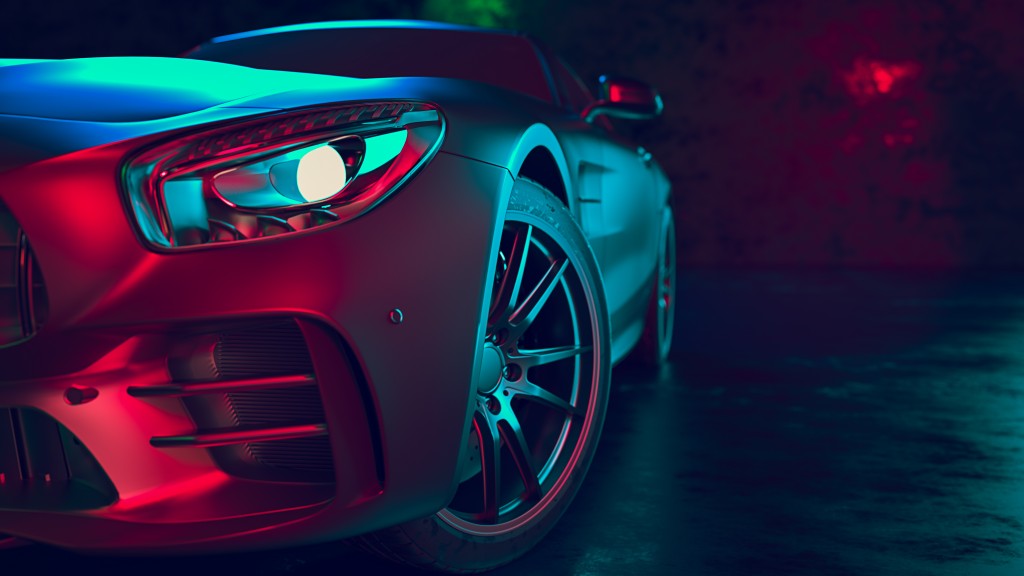The advancement of technology has affected all industries. From consumer products to luxury commodities, technology has changed how companies produce and market their products. However, there are high-end technologies that only luxury brands can utilize to their full potential. Listed below are how technology helps luxury brands create leading-class products.
How Technology Shape the Luxury Products Industry
Luxury Products Rely on Technology to Deliver A Unique Experience
Luxury brands have devised a way to create an immersive experience for customers while prioritizing customer engagement at the same time through experiential retail. Thus, it’s no wonder that experiential stores are increasing in demand for the past few years. For instance, Christian Dior offers Dior Eyes VR glasses that give customers a behind-the-scenes view of Dior’s fashion shows.
Rebecca Minkoff also offers an intelligent video wall that uses AI to suggest passersby new styles when they enter the store. You can also use the smart video wall to order wine and liquor while customers browse the selection. Another instance of using technology to drive a unique experience is interactive mirrors. High-end fashion boutiques use interactive mirrors in their fitting rooms to let customers see how well their selection of clothes will fare on different lighting scenarios.
Personalized Luxury Products Delivers Unique Products
Like Amazon’s personalized offering to consumers, luxury brands are now taking a personal approach to designing products and services. More and more companies are now spearheading customizable products for shoppers to build brand loyalty and community engagement. This phenomenon is especially noticeable for buyers shopping online. Companies are now using advanced machine learning and artificial intelligence on their website to deliver a curated list of products for every individual.
Furthermore, companies are now offering personalized products that get data from the buyer’s perspective. Luxury brands now offer customization in their high-end products to produce unique products for their buyer. After all, every consumer looking for luxury products wants special commodities that are only available to them. Luxury recreational vehicles for sale nowadays include customizable floorplans, layout, fabric choice, paint design, and more. Luxury products now deliver a sense of distinctiveness that makes every product rare and unique. Plus, customizing luxury goods are readily accessible through the product’s website or application.

Luxury Brands Now Use RPA for Building and Analyzing Store Sales
Robotic Process Automation, or RPA, is a highly advanced technology that automates repetitive tasks that traditionally employ people. An increasing number of companies use RPA to automate the business process, such as processing transactions, interpreting actions, dealing with data, and even interacting with customers. For instance, in sales analytics, RPA can help automate analysis and quickly readable reports that provide real-time customer preferences and customer behavior insights. As such, luxury brands rely on RPA to give customers the best experience.
Consequently, robotic process automation also helps in demand and supply planning, store planning, and marketing planning. RPA helps by bringing in fine-grained data that can anticipate customer needs, store-specific merchandise and increase price effectiveness by reducing other costs.
Luxury Products Now Use Alternative Materials
With advanced material technology, luxury brands now use the latest technology available for their high-end dresses. The fabric they use vary from independently lighting dresses to sustainably sourced materials such as Stella McCartney’s spiderweb-inspired silk and Linda Loudermilk’s vegetable cashmere. Furthermore, luxury brands, such as Ralph Lauren, produce sportswear that offers a heating system from its electronic printed conductive inks.
Luxury Products that Use High-End Technology
Supercar: The Ferrari SF90
Clocking in at $625,000, this hybrid supercar uses a net output of 986 horsepower engines from its V-8 engine and three electric motors to pump out a top speed of 311mph and offers 60mph of speed in just 2.5 seconds. The luxury doesn’t end there still. With a shockingly comfortable interior and a flattened, streamlined aesthetic, this supercar offers beauty and function.
Luxury Motorcycle: Arc Vector
With a $118,000 price tag, this electric motorcycle can accelerate from 0 to 60mph in less than three seconds with a top speed of 125mph. Plus, this motorcycle has cruise control and variable power modes that owners can change on the fly.
Luxury Home Appliances:
- 8K TV: Sony XBR85Z9G Smart Master Series — This 85” 8K TV delivers superb image quality with vibrant colors that creators and directors want you to see.
- LG HU85LA CineBeam — Costing $6,000, this best-in-class projector can deliver a 90-inch screen size just 2.2” away, with an increased 120-inch projection when placed 7.2” away.
- Luxury Speakers: The Cabasse La Sphere — Clocking in at a whopping $175,000, this spherical speaker is the world’s only four-way, “point source” speaker system. The design might look unconventional, but this set of speakers deliver fantastic sound with multitudes of advanced technology.
- Indoor Golf Simulator: Full Swing Golf Simulator Package — With a varying price of $55,900 to $100,000, this gold simulator uses 360-degree infrared tracking, ION3 high-speed camera, industrial-grade carpet and hitting mat, and a cinema-quality projector for all your golfing needs.
With how businesses have embraced high-end technology for their luxury products, more and more customers now expect luxury experiences. As people’s purchasing habits change, luxury technology will continue to shape the products that companies release.

